Home > Climate News >
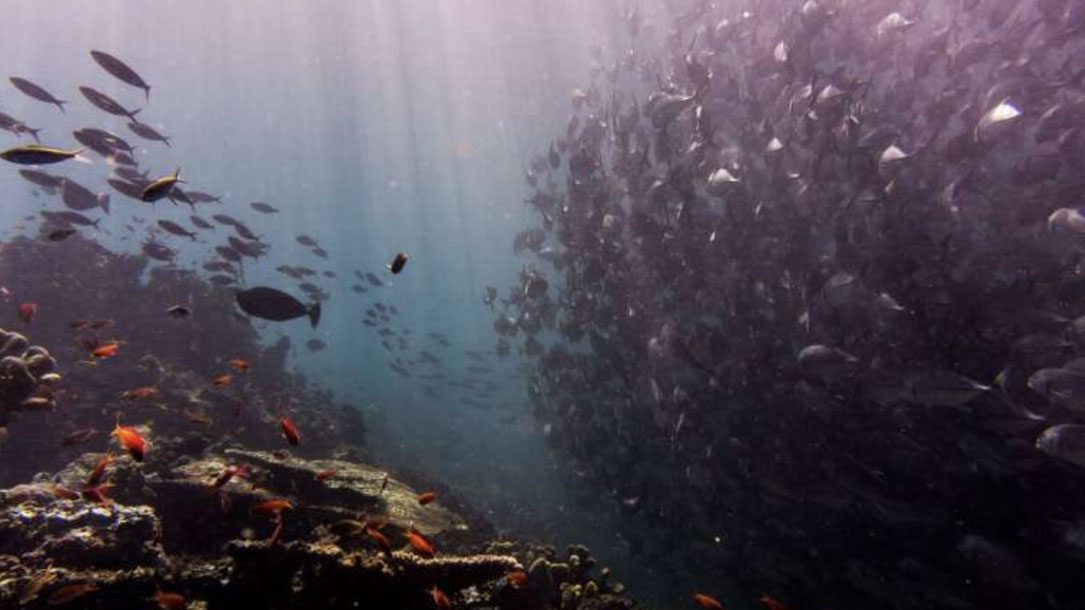
Study shows 90% of marine species at risk of extinction in 78 years if greenhouse gas emissions are not curbed
Greenhouse gas emissions impact the world’s climate in two ways. They raise the temperature of the atmosphere (and by extension, Earth’s surfaces and bodies of water) by holding in heat, and in the case of CO2 emissions, they make water more acidic, like carbonated soft drinks…
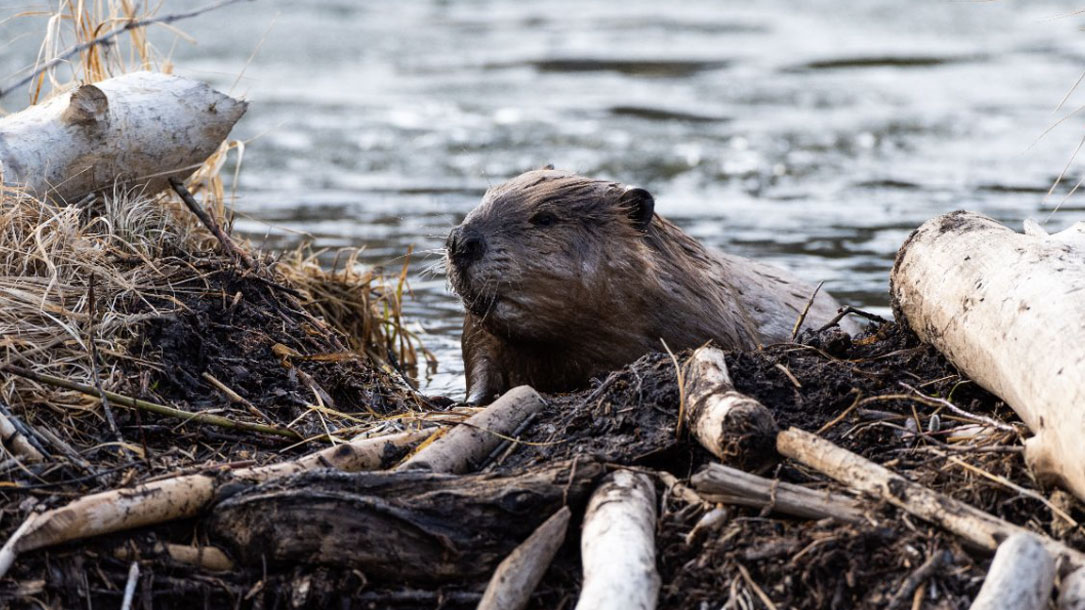
Beaver: The North American freshwater climate action plan
Rivers and streams, when fully connected to their floodplains, are naturally resilient systems that are increasingly part of the conversation on nature-based climate solutions. Reconnecting waterways to their floodplains improves water quality and quantity, supports biodiversity and sensitive species conservation, increases flood, drought and fire resiliency, and bolsters carbon sequestration. But, while the importance of river restoration is clear, beaver-based restoration—for example, strategic coexistence, relocation, and mimicry—remains an underutilized strategy despite ample data demonstrating its efficacy.
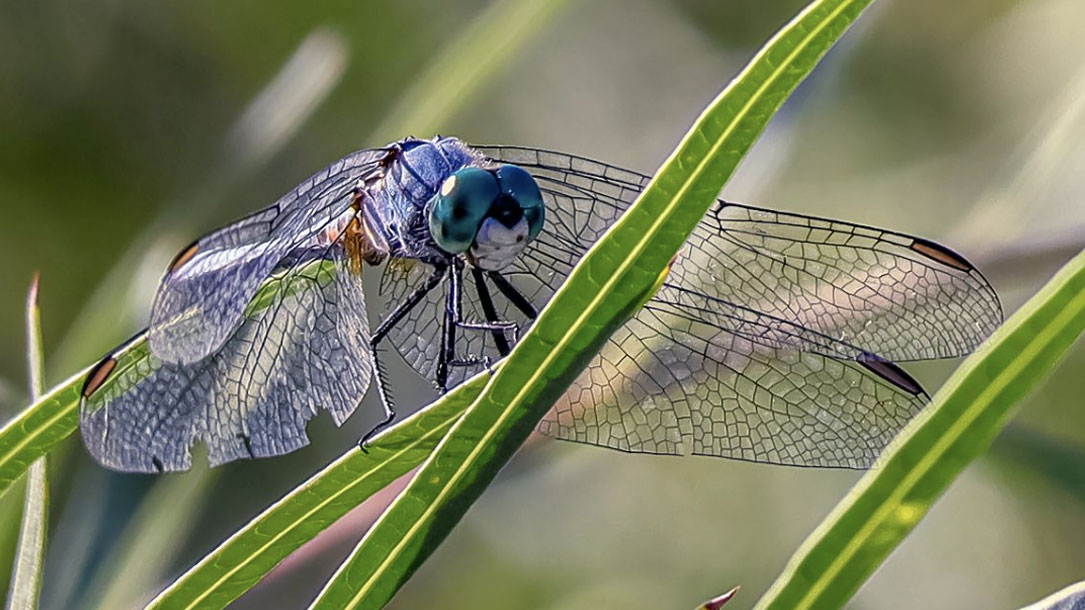
Riverscapes as natural infrastructure: Meeting challenges of climate adaptation and ecosystem restoration
Rivers have been diminished, simplified, and degraded globally by the concentration of agriculture, transportation, and development in valley bottoms over decades and centuries, substantially limiting their ecological health and value. More recently, climate change is steadily increasing stress on aging traditional, gray infrastructure. Recent trends in river management present an opportunity to address both the ecological degradation and climate stress.

By Degrees: Covering climate change
Human activity is warming the planet. This change is already reshaping how we live and interact with our environment in New Hampshire, across New England and beyond. And just as more people than ever were beginning to wake up to the climate emergency, our lives collided with the coronavirus pandemic and a generational reckoning on racial justice.
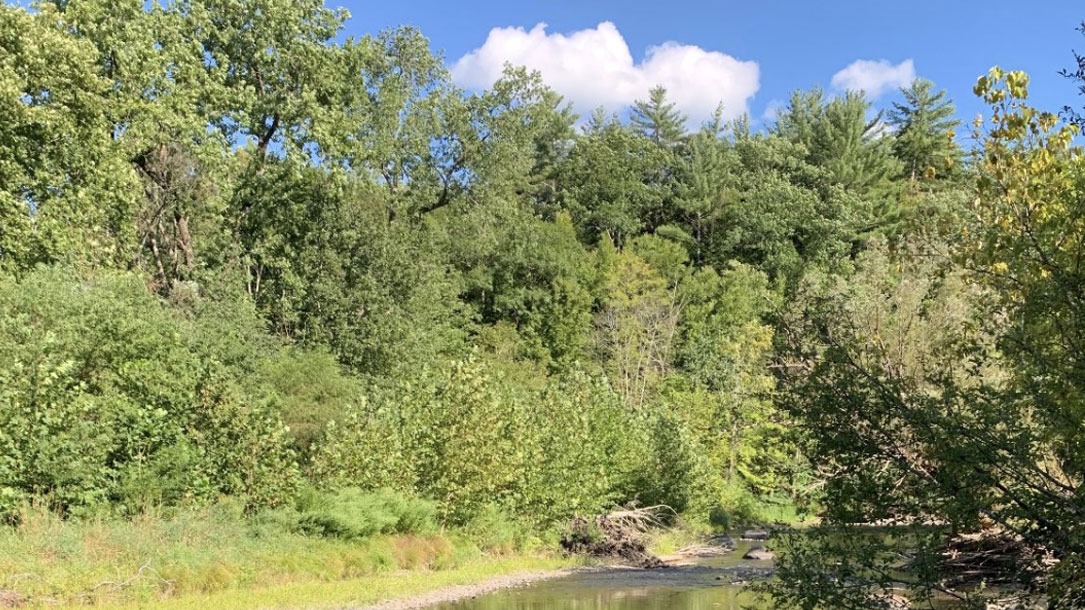
Conservation in a changing climate
“Our annual event continues a long-held tradition of gathering once a year to listen to an informative, engaging, and inspiring speaker and hear the latest Conservancy news. Light refreshments will be served, with time to mingle.
“Following a presentation of the past year’s accomplishments and awards, New Hampshire Public Radio’s Mara Hoplamazian will give the keynote address. Watching the Climate Change: A Reporter’s Notebook will explore the transitions Granite Staters are facing as our climate changes and how they balance tough realities with hope. Mara reports on climate change, energy, and the environment for NHPR, part of their By Degrees initiative…”
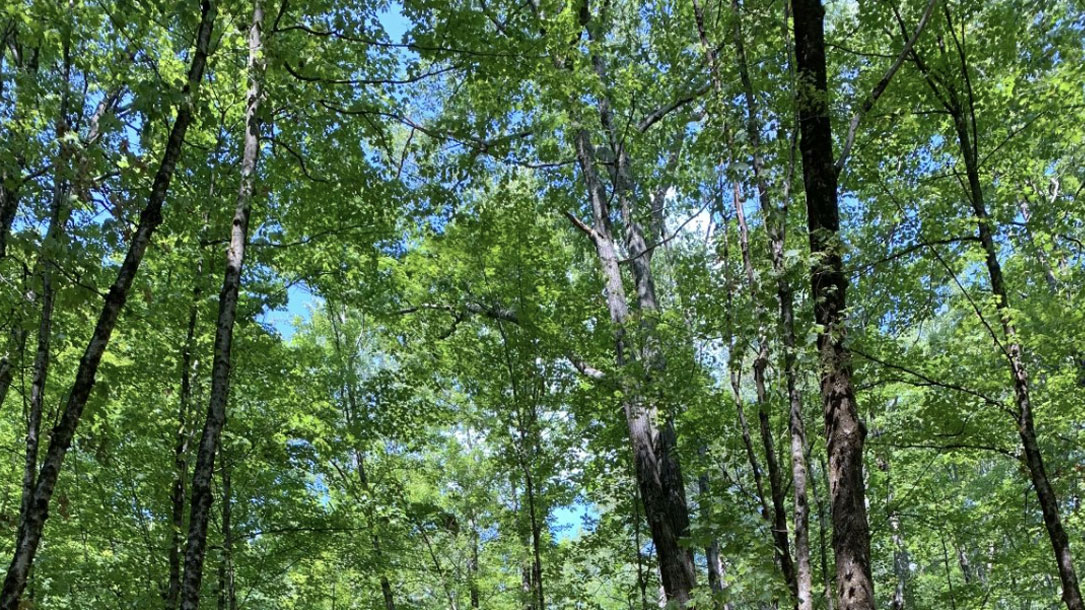
Protect your woodlands
“Over 75% of Vermont’s land is forested, and much of that land is privately owned, often by families and individuals. Conserving these forests matters a great deal for our climate, our economy, and our communities. If you own woodland and want it to remain forested, conservation is one option you could consider. We can help you explore your options and guide you through the process…”
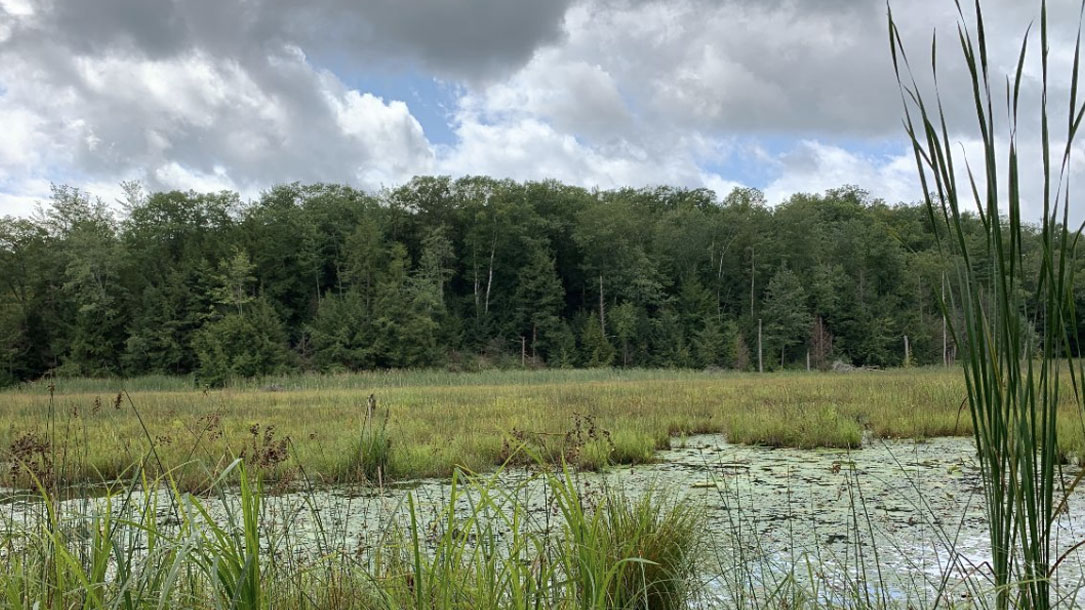
Coastal marsh migration may further fuel climate change
As rising sea levels cause marshes to move inland in six mid-Atlantic states, the coastal zone will not continue to serve as a carbon sink but release more carbon into the atmosphere, a new modeling study led by researchers at Duke University finds.
Earlier estimates focused on the potential for an expanded area of coastal marshes to capture more carbon, removing it from the atmosphere where it acts as a greenhouse gas in the form of carbon dioxide. But as coastal marshes invade low-lying forests and freshwater wetlands, the loss of trees and decomposition will release more carbon into the air than can be captured by the marshes, further contributing to global climate change…
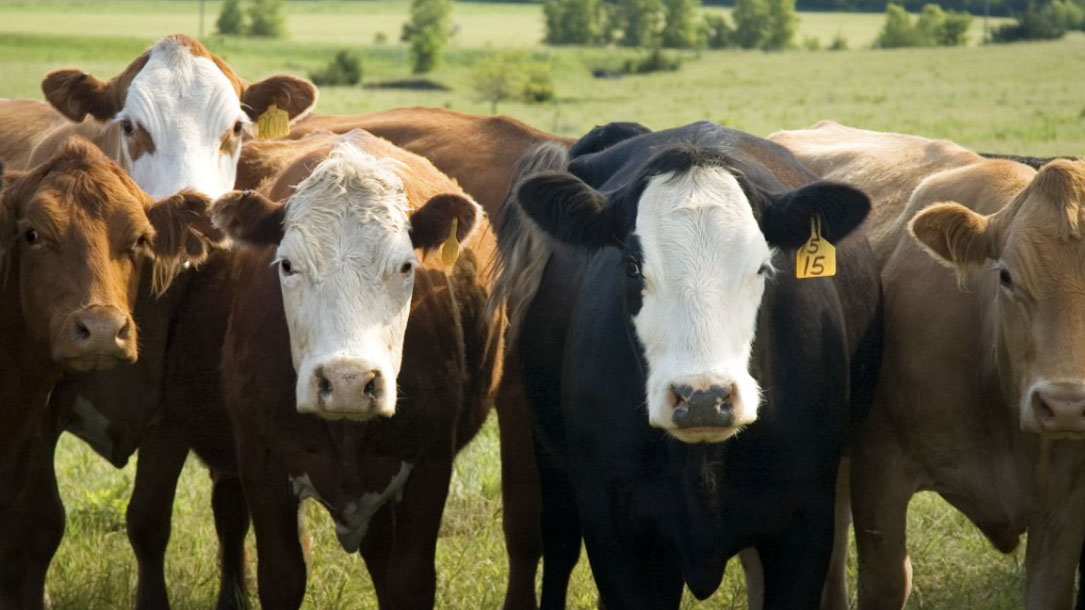
Tweaking cows’ diets can reduce climate-warming pollution
[T]weaking a cow’s diet can cut those emissions by up to 40%, according to some estimates. Providing feed that’s easier to digest, adjusting the proportions of nutrients, and supplementing with certain additives can help reduce the methane produced.
Wightman says it also boosts milk production because less of the energy contained in the feed goes to waste.
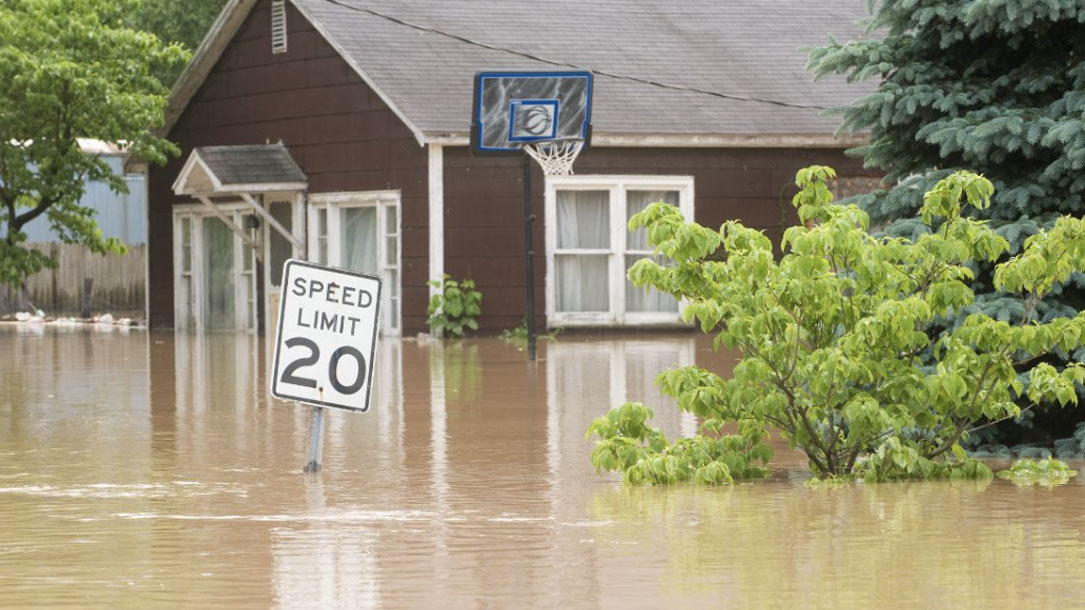
Five tips for talking about climate change
If you’ve been avoiding this tricky topic, you’re not alone. About two-thirds of Americans say they “rarely” or “never” discuss the changing climate with family or friends, though 70 percent believe it’s happening, according to a study from Yale University and George Mason University.
We’re here to help you navigate the climate talk and (gently) bust five common myths, so you can have more meaningful discussions that help spur understanding and action…

Large influence of soil moisture on long-term terrestrial carbon uptake
The impact of climate change on soil moisture could push land past a “tipping point” — turning it from a net carbon “sink” to a source of CO2.
This research shows that levels of soil moisture — which are impacted by rising temperatures and extreme events such as droughts — can have a “large negative influence” on the land’s ability to store carbon…












